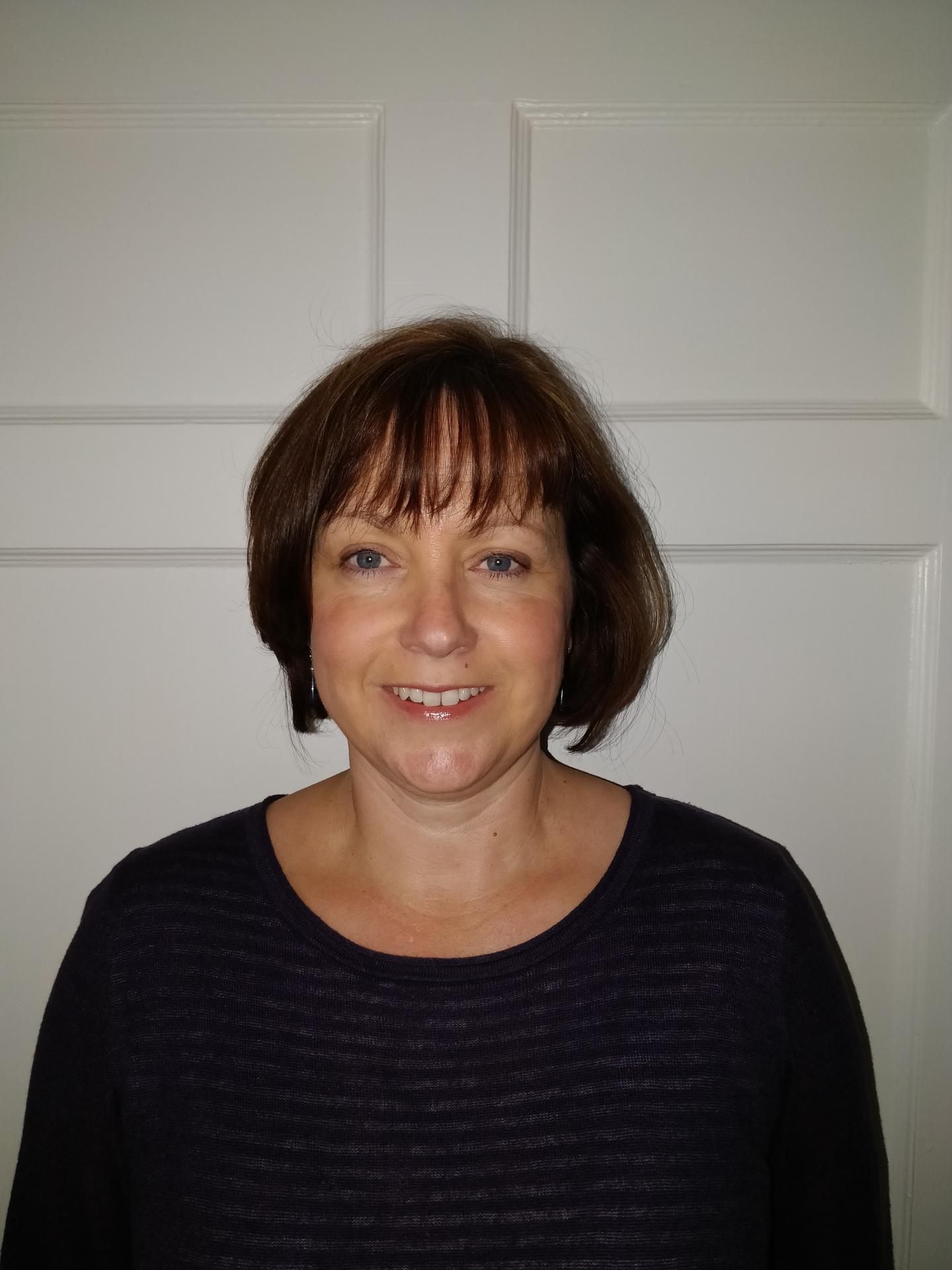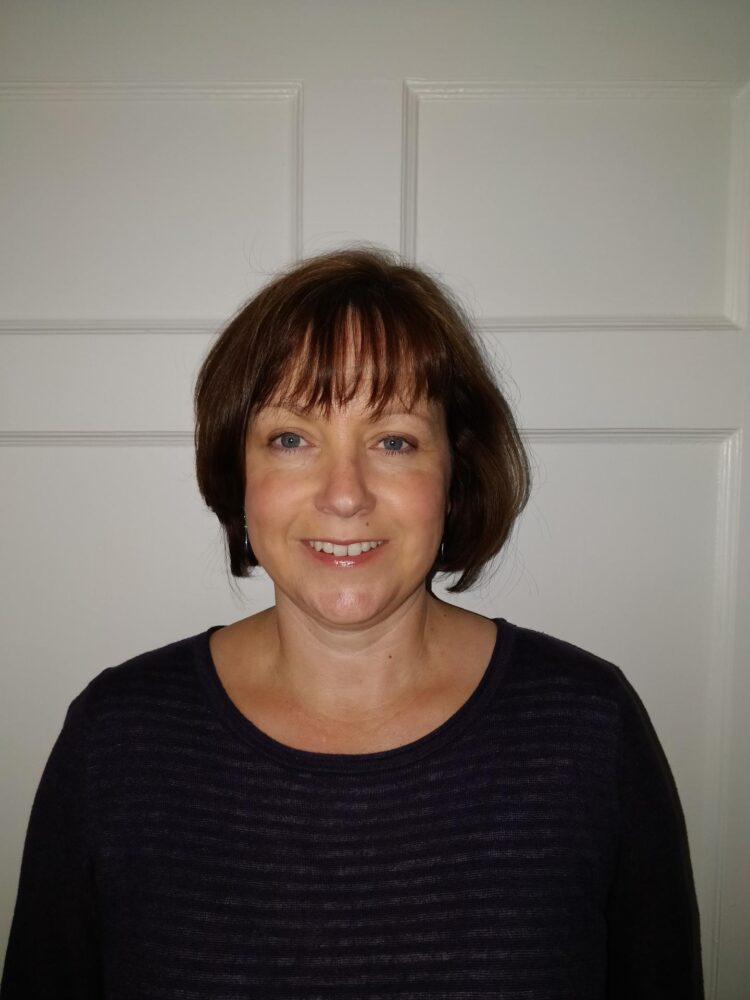
Credit: University of Stirling
Researchers have launched a new study into a little-known phenomenon which prevents people from recognising members of their own immediate family or sometimes even their own reflection.
Judith Lowes, of the Psychology division at the University of Stirling, is leading the three-year study into developmental prosopagnosia – sometimes referred to as “face blindness” – which impairs a person’s ability to recognise familiar faces. While it may be perceived as unusual, it is relatively common – impacting between one and four percent of children.
While previous studies have explored the issue in groups of adults or in individual children, the new project – funded by the Economic and Social Research Council and the Leverhulme Trust – will be the largest to develop and test training interventions in groups of children with facial recognition difficulties.
Ms Lowes – supported by Stirling colleagues Professor Peter Hancock and Dr Anna Bobak – is seeking children, aged between seven and 17, to take part in the online study – and is appealing to parents, teachers and educational psychologists to get in touch with potential participants. As well as testing children with self-reported face recognition difficulties, the team is also seeking children with no recognition problems, as this will give researchers a better understanding of how face recognition abilities typically develop through childhood and adolescence.
Ms Lowes said: “We know that face recognition abilities vary widely between individuals – some are ‘super recognisers’, who rarely forget a face, and at the other end of the spectrum, between two and four children in every hundred have real trouble with face recognition.
“Developmental prosopagnosia, or face blindness, is surprisingly common, affecting an estimated 300,000 children in the UK. It is unrelated to vision, intelligence and memory – but those affected by it can have severe, lifelong problems recognising familiar faces. In some cases, people cannot recognise their immediate family, or even their own reflection; it can cause difficulties in making friends; and could pose a risk to children, if they mistake a stranger for someone they know.
“Despite being common, developmental prosopagnosia is relatively unknown – even among health professionals – and the NHS only recognised it as a condition in 2014. Little is known about its causes or whether children with it can be helped.
“Our research will be the largest published study to explore the rehabilitation of children with developmental prosopagnosia. We are seeking to gain a better understanding of how these abilities develop up to adulthood. We will develop a set of tests to identify and understand the problems faced by some of our child participants – and then test different ways to help. For example, one approach could be to try to train children to be better at distinguishing faces, another could focus on helping them to remember faces – for example, making up stories about them.”
Experts believe that developmental prosopagnosia is caused, in part, due to the visual mechanisms for face processing having failed to develop. It is specific to faces – suggesting there is not a more general visual problem, for example, distinguishing objects from one another. It varies in severity from person to person, and those with the condition report profound negative psychosocial consequences, including anxiety, embarrassment and social isolation.
There are only four published studies exploring ways to improve face recognition in children with developmental prosopagnosia – two of which are individual case studies. The new study will develop and test two different training interventions and the team will compare the effectiveness of each.
Ms Lowes added: “We will share our findings with parents, teachers and health professionals and our aim is to improve understanding around the problems posed by developmental prosopagnosia, and to develop potential interventions that may help.”
Case study: living with developmental prosopagnosia
Frankie Respinger, 24, from Edinburgh, only suspected at the age of 17 that she was living with development prosopagnosia.
“I attended a university open day and couldn’t decide if I recognised a girl from my school,” Frankie explained. “It was only later I realised that I had two classes with her every week – and I actually sat next to her in one of them!
“When I told people about it, their responses of amusement and disbelief opened my eyes to the fact that it wasn’t normal – and that we didn’t all see things the same.”
Frankie says it can take approximately five to 10 meetings before she can start to recognise a person by their face.
“If I try to focus on recalling someone’s face as a whole, or a particular feature, it gets muddled in my head and blurs altogether,” she said. “I use other cues to recognise people – their voices, mannerisms, the way they walk.
“When I don’t recognise someone who very obviously recognises me, it can be awkward and embarrassing. I either pretend I know the person and hope I remember them before they realise, or tell them and hope that they aren’t offended.”
Reflecting on the new study by Ms Lowes, Frankie said: “Research like Judith’s into children’s experiences with DP is massively important. To develop training interventions that could be delivered to children at an early enough stage to potentially improve their facial recognition ability would make such a difference.
“It not only raises awareness for people with the condition, but also their families and teachers, which means there’s a lot more support available at a time when children are struggling to understand the problem themselves.”
###
To find out more about the study, or to put forward a child for participation, please contact Judith Lowes via email: [email protected].
Media Contact
Greg Christison
[email protected]
Original Source
https:/





